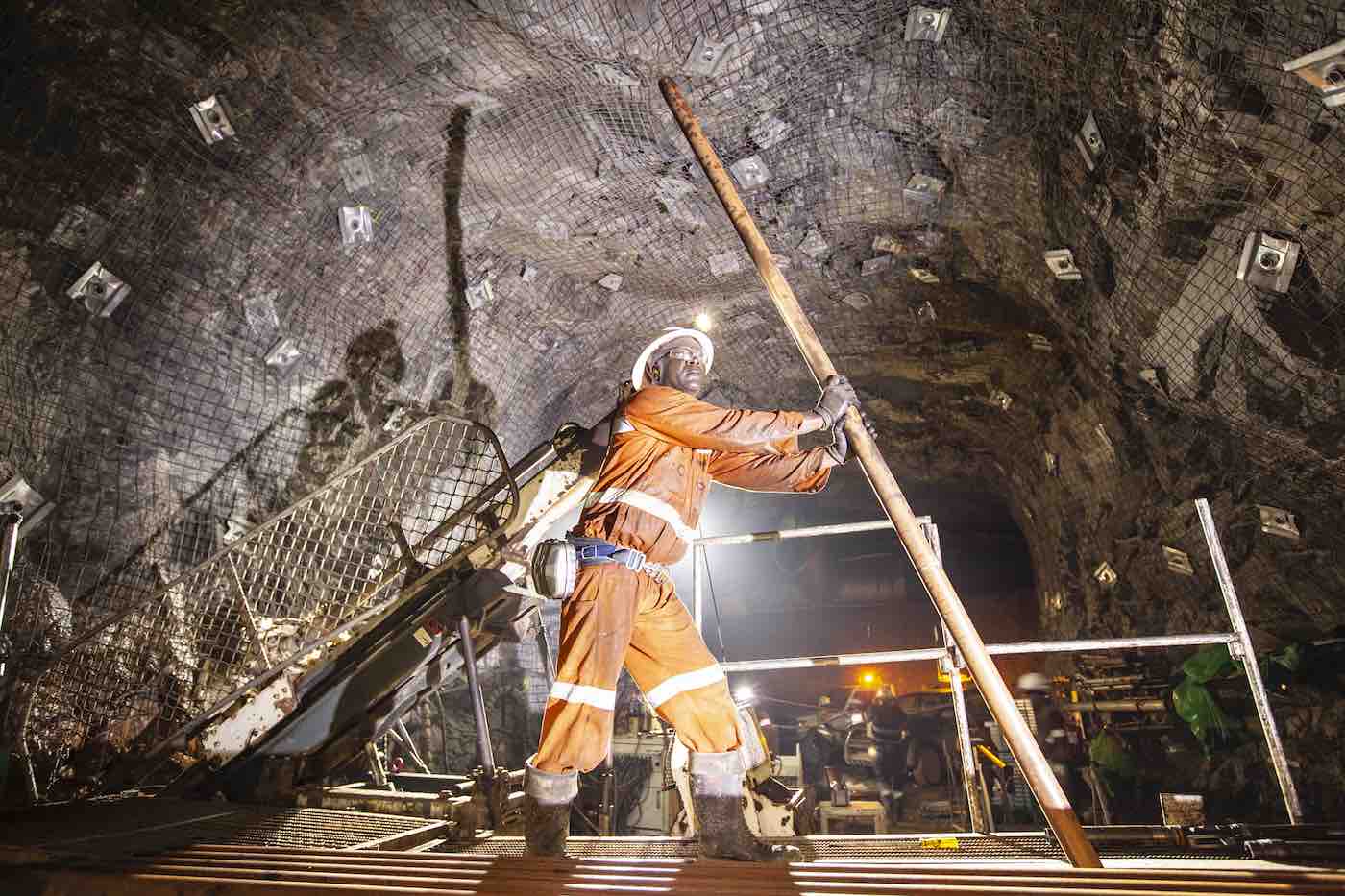Press Release: 29th July 2022
Australian headquartered infrastructure and dust control specialists Global Road Technology (GRT) are supporting calls for tighter dust pollution legislation across a number of industries to combat rising silicosis cases.
Silicosis is an incurable and often fatal lung disease caused by inhaling deadly crystalline silica dust that is often the by-product of mining and construction activity.
The number of known silicosis cases in Australia is rapidly climbing, with at least 500 Australian stonemasons diagnosed – with dust disease industry experts believing the number is much higher due to symptoms taking years to develop.
However, it is not just stonemasons that are impacted with miners, quarry workers, or those in the building construction industries being exposed to silica dust.
Are environmental regulations, health and safety concerns or potential profit loss a concern right now?
According to GRT Managing Director Troy Adams, the firm is supporting the call for the new Labor government to enact tighter national legislation around dust pollution due to the devastating impact silicosis has on those diagnosed with the deadly disease.
“It is our belief that the mining and construction industries together have to support the tightening of legislation around silica caused by their activities from a moral and commercial standpoint,” said Mr Adams.
“Although the main focal point at the moment has been the dangers faced by stonemasons who due to their work are particularly at risk, the reality is that mining and constructions workers are also threatened by silicosis due to their daily tasks. GRT supports the establishment of a better federal framework via SafeWork Australia focusing on reducing the maximum allowable dust exposure, better Personal Protective Equipment (PPE) and a mandate around better engineering controls – with individual whole-of-site dust pollution reduction plans one of the most critical components in protecting workers and the community.”

As an international, engineering technology company focussing on providing innovative products and solutions for the mining, civil, agricultural, resources, land development, and environmental management sectors, GRT is investing significantly in R&D and innovation to make it a leader in dust pollution reduction.
GRT specialisations in dust control, soil stabilisation, erosion control, and water management and investments in innovation have helped to build its reputation as a global leader in dust suppression and reducing particulate pollution caused by mining and construction activity.
For the mining and construction industries, the challenge lies in the fact that Silicosis is an avoidable, shocking, irreversible, and often progressive lung disease with it commonly developing from prolonged exposure to silica dust due to insufficient protective measures.
GRT Managing Director Troy Adams, who is the architect behind the company’s ‘whole-of-site’ approach to dust suppression believes that it is absolutely critical that the reduction of airborne particulates is driven federally to ensure it then filters down to the state governments.
“We need to look at following the recommendations from the National Dust Disease Taskforce to develop a national approach to managing occupational dust diseases,” Mr Adams said.
“As part of this there needs to be enforceable requirements around ensuring that whole-of-site dust management and suppression plans are in-place for any workplace where everyday activities cause this type of dust pollution. At GRT we’ve been industry leaders for over a decade in dust suppression and we support any movement by the government to develop legislation to that we are suppressing dust at its source across every worksite.”
Source: AustralianMining
Troy Adams
Troy Adams is the Managing Director of Global Road Technology (GRT) Specialising in Engineered Solutions for Dust Suppression, Erosion Control, Soil Stabilisation and Water Management. A pioneering, socially conscious Australian entrepreneur, Troy Adams is passionate about health and safety and providing innovative solutions that are cost-effective to the mining industry, governments and infrastructure sectors. Troy is also a tech investor, director of companies like Crossware, Boost, Hakkasan, Novikov and more.
MORE INDUSTRY ARTICLES
Nothing found.